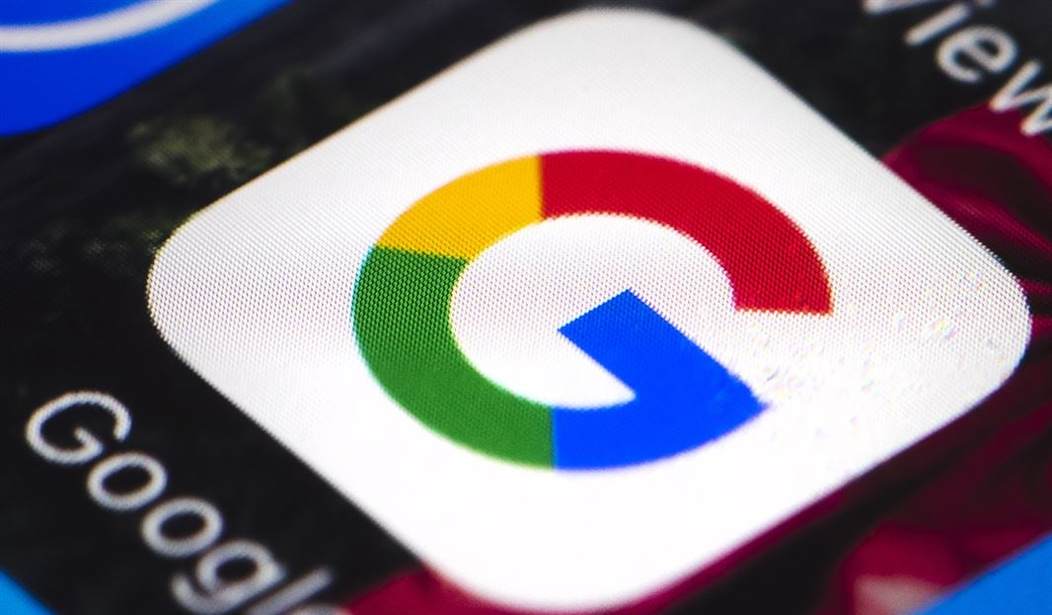America’s tech companies have a problem: Their leaders fancy themselves visionary, untouchable geniuses who can remake the world into the stuff of utopian fantasy through the power of algorithms, software, and technology, and are surrounded by sycophants willing to offer them endless theoretical proof of this fatal conceit.
In practice, however, this conceit actually can become fatal. The truth is, tech’s robber barons know precious little about the world beyond their lines of code, and rely on the insular priests of political correctness in media and academia to keep them informed. Thus, we bore witness last week to Google actually shutting down a feature in their Google Maps program that could’ve encouraged Americans to cut carbs, lose weight, and put a dent in the epidemic of American obesity, all because of complaints of “shaming” from tech journalists and other messengers of PC gone mad.
And now, Google is enabling yet another epidemic: This time, the opioid crisis. According to a report late last week from The Intercept, Google was so careless about vetting people who bought ads directly targeted to opioid sufferers that it ended up directing people looking to escape drug addiction to sketchy scam “treatment centers” designed more to part Americans from their money than from their opioid habits. And apparently, as long as Google was profiting, they didn’t care to heed the warning signs.
Instead, it took Google being called on this obviously anti-public spirited result in the press for them to act at all. And when they did, did they take a hard look at how to vet people advertising such services on their platform? No, of course not. Rather, they simply banned any rehab centers from advertising on their platform at all. The result was that people could only find drug treatment facilities through Google’s search results, most of which directed them to…the exact same scammers who had bought out Google ads.
Recommended
In other words, Google behaved like slacktivist dilettantes when trying to help opioid addicts the first time around, and when the lazy, profit-obsessed nature of their “help” was exposed, they simply scurried away from the problem altogether like teenagers who got caught tweeting out Malware sites, leaving opioid addicts with search results that mirrored the exact same problem Google had created in the first place. The result? Addicts now find themselves getting scammed by people trying to send them to treatment facilities that charge tens of thousands of dollars for treatment by people who don’t even know how to treat addiction!
Google has apparently since tried to get advice from actual experts in the field, such as Jim Hood, co-founder of Facing Addiction. This would have been admirable had they done it before making billions of dollars in advertising off a crisis from advertisers who were doing nothing to solve that crisis. Now, it simply comes off, like their decision to ban treatment center ads, like the desperate action of a company that’s been called on the mat for lazy and negligent behavior.
After all, given that they run a search engine, you would think that Google would know all too well how to actually find information that could help them figure out how to tailor access to ads targeting opioid sufferers. Instead, they jumped in apparently without even…well, Googling the problem. The Intercept correctly notes that when it comes to access to information, Google is Godlike in its power. But perhaps the solution here is not for Google to continue the fool’s errand of trying to decide what information Americans can access. Perhaps the solution is for them to employ a little modesty, and for all of us to understand that when it comes to solving deep, intractable crises, Googling is neither a sufficient nor a worthy way to go about it.

























Join the conversation as a VIP Member